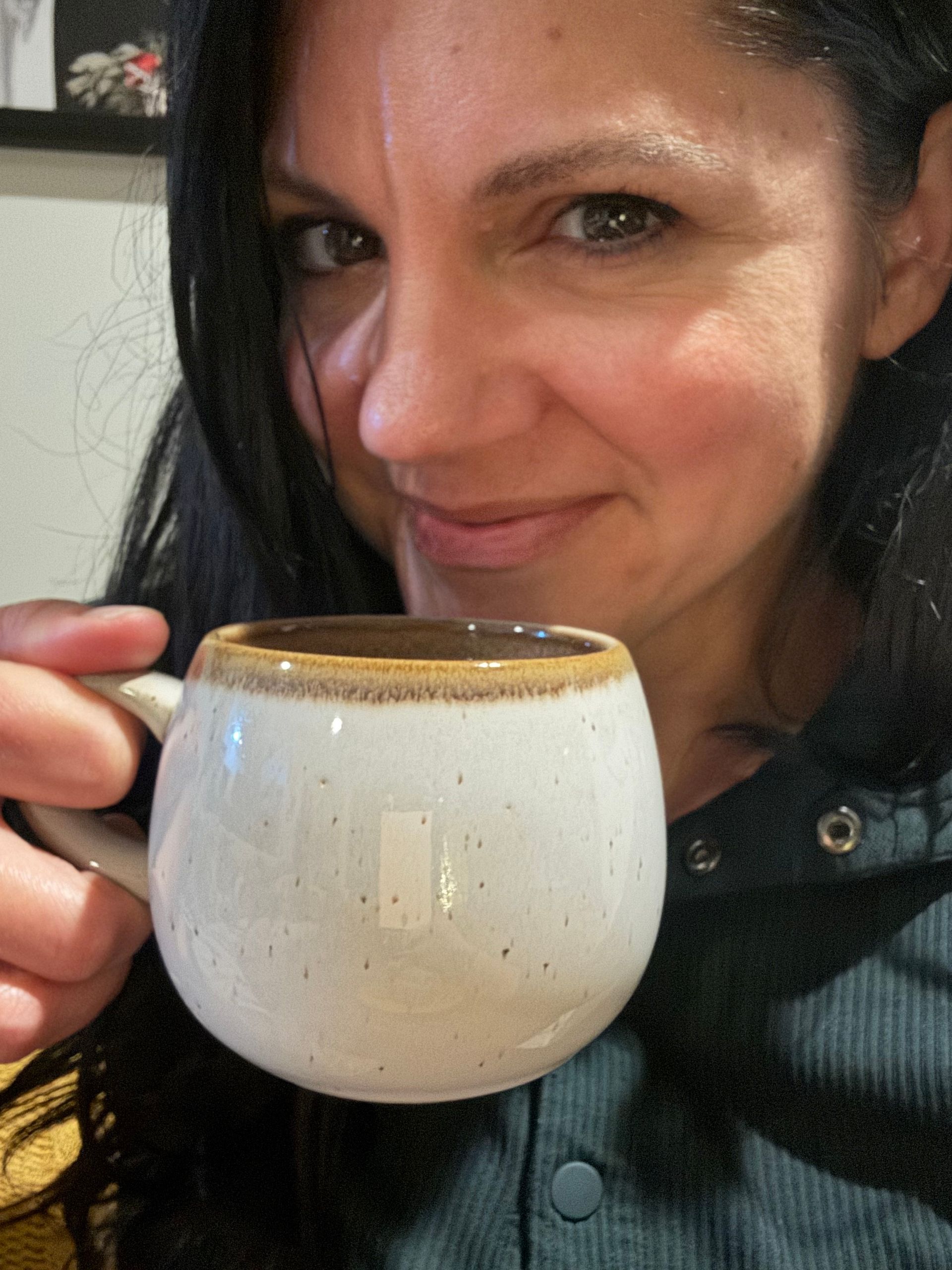Why Boundaries Suddenly Matter More in Perimenopause

Have you noticed that things you used to tolerate now feel unbearable?
The offhand comments, the endless volunteering, the late-night texts from work… all of it used to roll off your back. But now, it cuts deeper, feels heavier, and lingers longer. You may even wonder: “Why can’t I handle things the way I used to?”
This sharpening isn’t weakness. It’s wisdom.
Why Everything Feels Sharper
During perimenopause, your hormonal shifts amplify stress signals in your body. Estrogen and progesterone, which once acted like cushions for your nervous system, begin to fluctuate and decline. At the same time, cortisol (your main stress hormone) rises more easily and lingers longer.
That means your brain has less buffer against stress. Your tolerance drops. The “grin and bear it” approach that carried you through your 20s, 30s, and even early 40s no longer works.
It’s not that you’ve suddenly become sensitive. It’s that your body is insisting on honesty. What once felt tolerable was never truly aligned. Perimenopause simply removes the filter.
Boundaries as Medicine
Boundaries are not walls. They are invitations; guiding you back to relationships, commitments, and rhythms that support your well-being.
- Physical boundaries: Protecting your sleep, carving out movement, honoring your body’s cues.
- Emotional boundaries: Saying no to dynamics that leave you depleted or resentful.
- Energetic boundaries: Guarding your attention from endless notifications, doom scrolling, and “shoulds.”
Each boundary is a form of medicine. Every “no” you speak is actually a deeper “yes”. A yes to your health, your peace, and your future self.
Why Midlife is the Boundary Season
Perimenopause is both a biological and spiritual recalibration. Your body is saying: “I don’t have energy to waste anymore.”
- The late-night obligations, the toxic friendships, the people-pleasing habits, they all weigh heavier now.
- Your nervous system won’t let you keep overriding your own needs.
- The irritability you feel isn’t failure, it’s feedback.
This is why midlife is often the season where women reclaim their voice. It’s not decline. It’s alignment.
Real-Life Scenarios
- With Your Teen: They want to push boundaries at the exact time you’re learning to hold yours. Instead of yelling, you pause, breathe, and calmly say: “This doesn’t work for me.” You’re modeling self-respect.
- With Your Partner: In the past, you may have stayed quiet to “keep the peace.” But silence isn’t peace it’s suppression.
Now, instead of brushing it off, you voice what’s real:
Partner: “Why are you upset? It’s not a big deal.”
You: “It is a big deal to me. When I stay quiet, I carry the weight inside. Speaking up might feel uncomfortable, but it’s the only way we can create real peace together.”
Boundaries here don’t create conflict they create clarity, and clarity is what true peace is built on.
Reframing the Guilt
Many women carry guilt for setting boundaries. The inner voice whispers: “Am I selfish? Am I letting people down?”
Here’s the truth: boundaries don’t make you selfish they make you sustainable. When you honor your own needs, you have more capacity to nurture what truly matters. And when you model boundaries, you give the next generation; your children, your colleagues, your friends permission to do the same.
The Ripple Effect
When women hold boundaries, entire ecosystems shift. Families learn respect. Workplaces gain clarity. Communities grow stronger.
Your healing doesn’t stop with you. It ripples outward. Boundaries aren’t just about self-preservation, they’re about legacy.
Perimenopause sharpens what matters most. The irritability, the shorter fuse, the sudden “enough is enough” moments are not flaws. They are signals. They are your body’s way of saying: “It’s time to step fully into your power.”
Because midlife isn’t decline, it’s the moment you reclaim your voice, your health, and your boundaries as sacred medicine.
-Elizabeth












